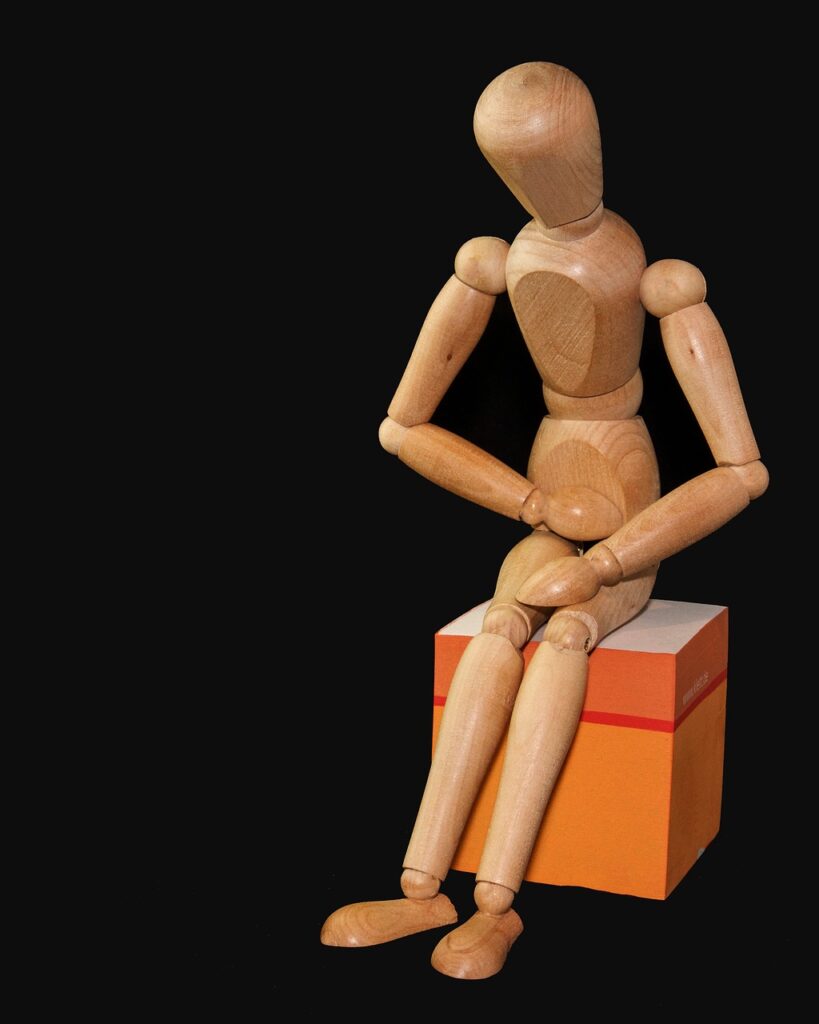Here’s what you should know about preventing, managing, and resolving constipation.
Constipation affects 40% of a pregnant woman that predispose them to develop haemorrhoids by 85%. It could be caused by poor diet and fluid intake, Iron supplement intake, or even lack of physical activity. The increase Progesterone hormone level during pregnancy relaxes your intestine muscles, therefore slows down your bowel movement. With the physiological changes that are taking place within you. These are some simple steps to manage the balance between activity, nutrition, and its benefit in tackling constipation issues.
There are 4 main steps: –
- Balance Diet
- Drink adequate fluid
- Physical activity
- Seek Treatment
Here we will walk you through steps and techniques to prevent the agony caused by constipation.
1.Diet
Take a well-balanced diet. It is important to maintain nutritional balance, allow healing, and promote good bowel movement. But what does a balanced diet in postpartum should consist of?
Eat food containing carbohydrates and protein. Metabolic active tissue and synthesis increase with gestation. Providing yourself and your baby the best nutrition would improve your ability to do daily chores and also nourish your baby’s growth.
Add high-fiber food such as vegetables, fruits, and bran into your meals to stimulate bowel movement. Make your choices vibrant and delicious with recipes that would not break the bank. Follow our delicious recipes on XXXXXXXXXX.
- Drink adequate fluid
Daily fluid intake about 2 to 3 L should be practiced unless it is contraindicated by your Obstetrician. Drink water to replenish your cells and keep your bowel function moving. Add fruit tea, prune juice, or herbs to your beverages to add more taste to your drink. Make your drink fun and tasty while keeping hydrated.
- Physical activity
Perform physical activity 3 to 5 times a week after consulting your Obstetrician. Start with low risk and low impact exercises if you are a beginner or just for maintenance purposes. Physical activity including house chores walks, running errands, and walking up and down the stairs. Antenatal exercises recommended are available at XXXXXXXXXX.
- Seek Treatment
If you are still not able to defecate. Then you need to see an Obstetrician/Doctor. Do not hesitate. Because it could be serious or even get worse! If you experience bloating, nausea or just unhealthy and you haven’t gone to the toilet the past three days even though you have done all of the above then you need to see an Obstetrician/doctor for an assessment. The Obstetrician/doctor might prescribe laxatives, bulk-forming agents, mild stimulants, or suppositories to relieve your condition.
But be aware that practice makes perfect. So, keep a healthy bowel habit. It is also important to respond to the natural urge to pass a motion. Good toilet practice ensures you are regular and responsive bowel movement.

